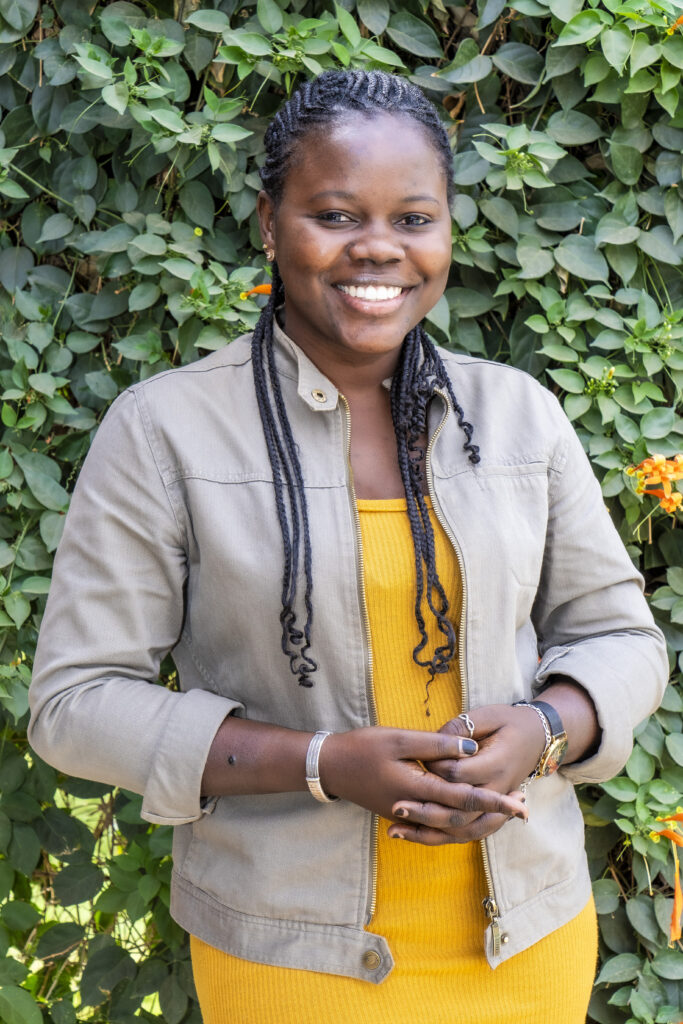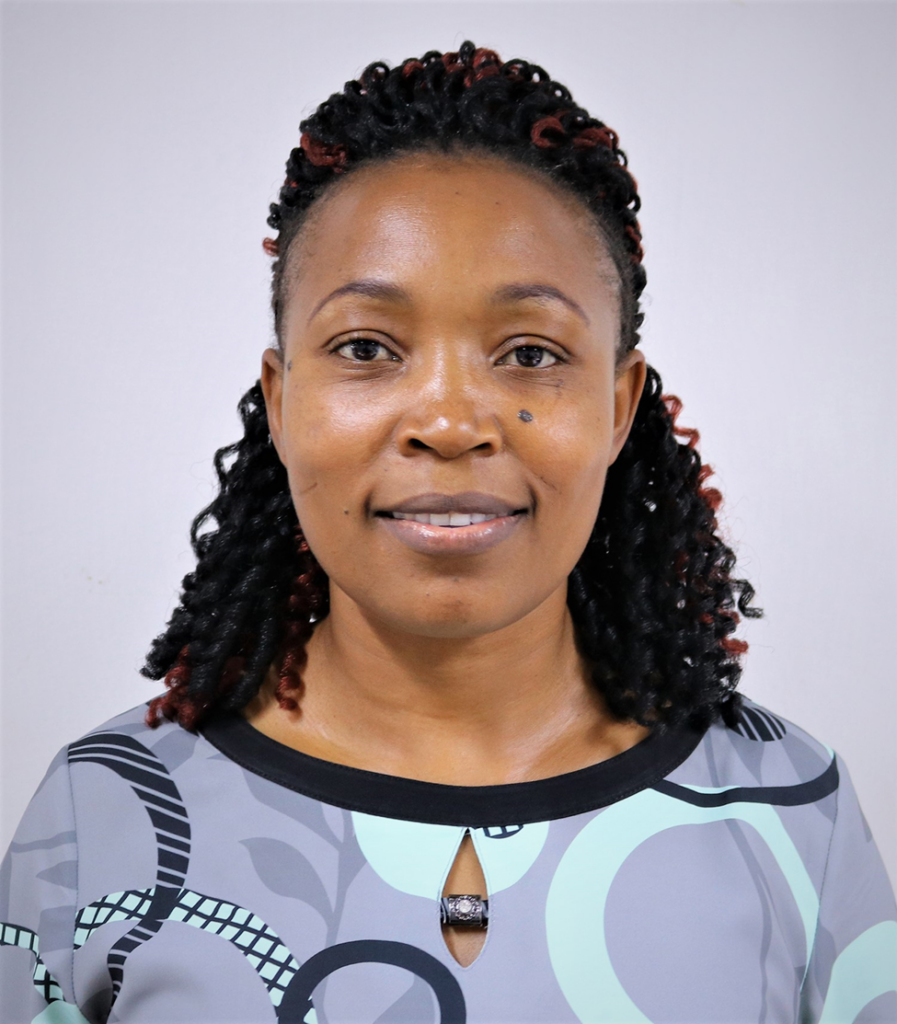On this International Women’s Day, Malaria No More celebrates the important role women play in combating malaria around the world, making up almost 70% of the global health workforce instrumental to driving down malaria cases and deaths in remote and rural communities.
Whether as patients, caregivers, or healthcare workers, women and adolescent girls also face unique vulnerabilities to malaria. During pregnancy, malaria risk increases exponentially, targeting the placenta and putting the pregnant girl or woman and the unborn baby at greater risk of death, illness, anemia and stunted growth. In 2022, 12.7 million pregnant women had malaria across 33 moderate to high transmission countries in the WHO Africa Region. Malaria also contributed to 50% of all preventable school absenteeism, with older girls often required to stay home to care for sick family members.
Below you will meet three women who are spearheading the fight against this deadly disease.
MATSHIDISO MOETI | WORLD HEALTH ORGANIZATION, REGIONAL DIRECTOR FOR AFRICA
Dr. Matshidiso Moeti, a physician, public health specialist and medical administrator from Botswana, is the first woman to lead the World Health Organization’s regional Africa office.
“Malaria is one of the major health challenges our region faces,” said Moeti. “The wider rollout of the malaria vaccine marks a significant milestone in advancing the fight against this deadly disease.”
To ensure a smooth introduction this year of malaria vaccines RTS,S and/or R21 , Dr. Moeti and her office are working with countries to ensure all eligible children receive the malaria vaccine, including setting up comprehensive preparations such as national vaccination policy and guidelines, integrating the new vaccine into the delivery schedule of other vaccines and health interventions, and developing an operational roll out plan, including training of healthcare workers.
Dr. Moeti has also been recognized by WHO as a “great champion for women in leadership in global health”, as she launched a partnership with the UN Volunteers program which recruited 100 young women from the global south as the next generation of health leaders.

FATOUMATA SECK | MEDICAL ENTOMOLOGY PHD STUDENT
Fatoumata Seck, a PhD student studying Medical Entomology in Senegal, is part of a malaria vector control project led by Dr. Benoit Assogba from the Medical Research Council Unit in The Gambia (MRCG) at the London School of Hygiene & Tropical Medicine. Her malaria research aims to reduce malaria transmission by testing the use of specially designed chemicals, or small molecular inhibitors.
“Malaria is a major health problem,” said Seck. “The dual resistance of mosquitoes to the insecticides used in vector control, and of parasites to antimalarial drugs, raises concerns about the limitations of current malaria tools.”
While Seck says that insecticide-treated nets and indoor residual spraying are the cornerstone of vector control and reducing mosquito density, Seck says additional malaria control strategies are needed.
“In this study, we are looking for an alternative to the use of insecticides. Methods aimed at reducing mosquito fertility are new, and direct sterilization of wild females could be a potential avenue,” said Seck. “Effector molecules targeting essential proteins of the malaria parasite can block its development in mosquitoes, so the question here is how Anopheles reproductive proteins are targeted to induce sterility.”
Seck is also a mentee under the PAMCA Women in Control Mentorship Program “LiftHer2”, a platform dedicated to fostering women’s leadership, capacity building, self-confidence, and networking.
“I know that mentorship is very important when you are doing research,” Seck recently told MalariaGEN. “Malaria is a very integrated field and having broader knowledge will help you understand it more and make good decisions.”

DAMARIS MATOKE-MUHIA, PHD | KENYA MEDICAL RESEARCH INSTITUTE
Dr. Damaris Matoke-Muhia, a principal research scientist at the Kenya Medical Research Institute (KEMRI), was inspired to work on malaria, in part, because of her personal experience contracting the disease in her childhood. Today, Matoke-Muhia not only works as a biomedical scientist working to curb malaria by studying the behaviors of mosquitoes, but she is also a dedicated advocate for gender equality helping women rise to leadership positions in the fight against malaria.
“Women can never be left out if we are serious about malaria elimination,” said Dr. Matoke-Muhia in a recent interview with Malaria No More. “It is important that we ensure equal representation, as far as leadership, because women speak from experience and from what has worked and not worked at community levels.”
A 2018 study published in the Malaria Journal concluded that empowering women at household, community and programmatic levels to fully participate in vector control promotes gender equity towards a goal of policy-driven and sustainable improvements in all sectors.
“We are not saying that men are not important,” said Dr. Matoke-Muhia, “But at the ground level it is typically women ensuring protections against malaria.”

###


